Israel and the Palestinian Resistance have agreed with Egyptian mediation on an unconditional ceasefire after 11 days of intense attacks on Gaza.
The tension that started with the assault of Israeli forces and settlers to Palestinians and Arab Knesset members in the Sheikh Jarrah neighborhood of occupied East Jerusalem and escalated with the raid on Masjid al-Aqsa on May 7. Palestinian organizations responded to Israel’s attacks on Palestinian territory with rockets. Israeli Palestinians also started a revolt against Tel Aviv. After 11 days of fighting, the Israeli Security Cabinet has approved a unilateral ceasefire. The Hamas Spokesperson announced that the ceasefire was mutual and simultaneous.
We spoke with Ahmad Malli, Director of Lebanese University’s Center for Legal and Political Studies about Israel’s attacks on Gaza, the Palestinian resistance and the ceasefire decision.
The last confrontation appears to be the most important one
The response of the Palestinian organizations and the internal struggle of the Arabs, who are Israeli citizens, stunned Israel. The Iron Dome was ineffective, while Israel lost control inside. How do you evaluate the resistance in Gaza and occupied areas?
Of the four wars that “Israel” waged on the Gaza Strip, starting from 2008 through 2012 as well as in 2014 and the current one, the last confrontation appears to be the most important, with its connotations and repercussions. The capabilities of the Palestinian resistance have increased in terms of quantity and quality of missile capacities, but because its arsenal now includes other types such as drones and guided submarines as well. These come in addition to the use of Cornet rockets and mortars.
The recent confrontation revealed the limitations of the “Iron Dome”
On the other hand, the government crisis still continues in Israel. Netanyahu’s political future is at stake. Does Israeli domestic politics have an impact on the developments? How will the consequences of the event be reflected in Israeli politics?
The recent confrontation revealed the limitations of the “Iron Dome” and displayed its ineffectiveness in light of the Palestinian resistance arsenal. The latter expanded the array of Palestinian missiles and forced about 3 million Israelis to remain in shelters. This resulted in a lack of security for the Israelis and crossed the Israeli entity’s strategy of transferring the war to enemy lands. In the recent confrontation, the tide turned against the Zionist entity and any vital facility fell within the range of Palestinian missiles. The former Israeli security minister, Avigdor Lieberman, said: If the situation was like in front of Hamas, how would the real situation of “Israel” be vis-à-vis Hezbollah and Iran?
All Palestinians in all Palestinian lands have participated, providing a national dimension to the struggle
How do you evaluate the decision of the ceasefire? How long do you think the ceasefire will continue? What are the reasons that forced the Israeli parliament to decide on a ceasefire?
It is necessary to think carefully about the outbreak of the recent confrontation and its causes and implications at the Palestinian national level. This confrontation did not erupt as a result of security breaches between the resistance factions in Gaza and the Israeli army. It rather occurred against the background of the Israeli incursions into the Al-Aqsa Mosque and their attempts to forcibly evacuate the Palestinian population from the Sheikh Jarrah neighborhood.
This prompted the resistance factions in Gaza to intervene militarily in defense of Jerusalem and its people, and this is what established the launching of a Palestinian uprising that united the Palestinians in all parts of Palestine, including the lands of 1948. This unification provided a national dimension to the confrontation throughout the Palestinian presence in the world.
The recent Gaza war had deepened the rift between the official and popular levels
Despite the worldwide reactions against Israel’s aggression, the meetings of international organizations such as the UN and the OIC did not lead to any results. How do you think that the countries of the region can give an effective answer to this issue?
The recent Gaza war has clearly deepened the rift between the official and popular levels: at the level of the United Nations and its Security Council, within the Arab official system and its official institution, the Arab League, and at the level of the governments of the Islamic world and its official institution, the Organization of the Islamic Conference OCI. The latter was created in 1972 for the defense of Jerusalem and its Al-Aqsa Mosque in it. Still, the official regimes in the third world, the Islamic and Arab circles were impotent, if not complicit of the oppression. In contrast, the popular movements across the globe were alive and expressed their sympathy with the Palestinian people and its legitimate struggle for freedom and the restoration of their rights in their historical land.
Striking in the current round of fighting between the Palestinians and the Israelis was the strength of the popular movement in the Arab and Islamic streets, showing that Palestine extended deep into the Arab and Islamic conscience.
Trump’s ‘normalization’ deals turned out to be bubbles
It turned out that all the “carnivals” of normalization that occurred as a result of the Trump administration’s pressures to implement the “deal of the century” were just bubbles, which did not withstand the Arab and Islamic street movement.
Indeed, the street movements and the public opinion in the West, with its European and American wings, recorded a distance from the Israeli entity and showed sympathy for the Palestinian people uprising. This wave reached in effect into the heart of the ruling Democratic Party in Washington, and influential voices in the Congress among Democratic Senators and Representatives spoke up. They demanded a halt to an arms deal with Israel as a punishment for the violations committed by its army against Palestinian civilians.
The war will deepen the severe political crisis in Israel
How does Hezbollah evaluate the recent war in Gaza and the decision of ceasefire?
It is expected that the recent war on Gaza will cast a dark shadow over the severe political crisis that “Israel” is witnessing, and it will exacerbate it more and more. It is logical for Netanyahu to get his abundant share of this failure. Indeed, many claim that Netanyahu will meet the same fate as his predecessor, Olmert, did after the July 2006 war. Netanyahu may even face imprisonment due to the legal cases filed against him.
The repercussions of the recent Gaza war will reach beyond the political class in the Zionist entity. The entire Israeli society will be dominated with a ‘state of uncertainty’. It will discover that it has entered a downward path since the year 2000, the date of the withdrawal from southern Lebanon, with the setback of ‘Israel’ following after.




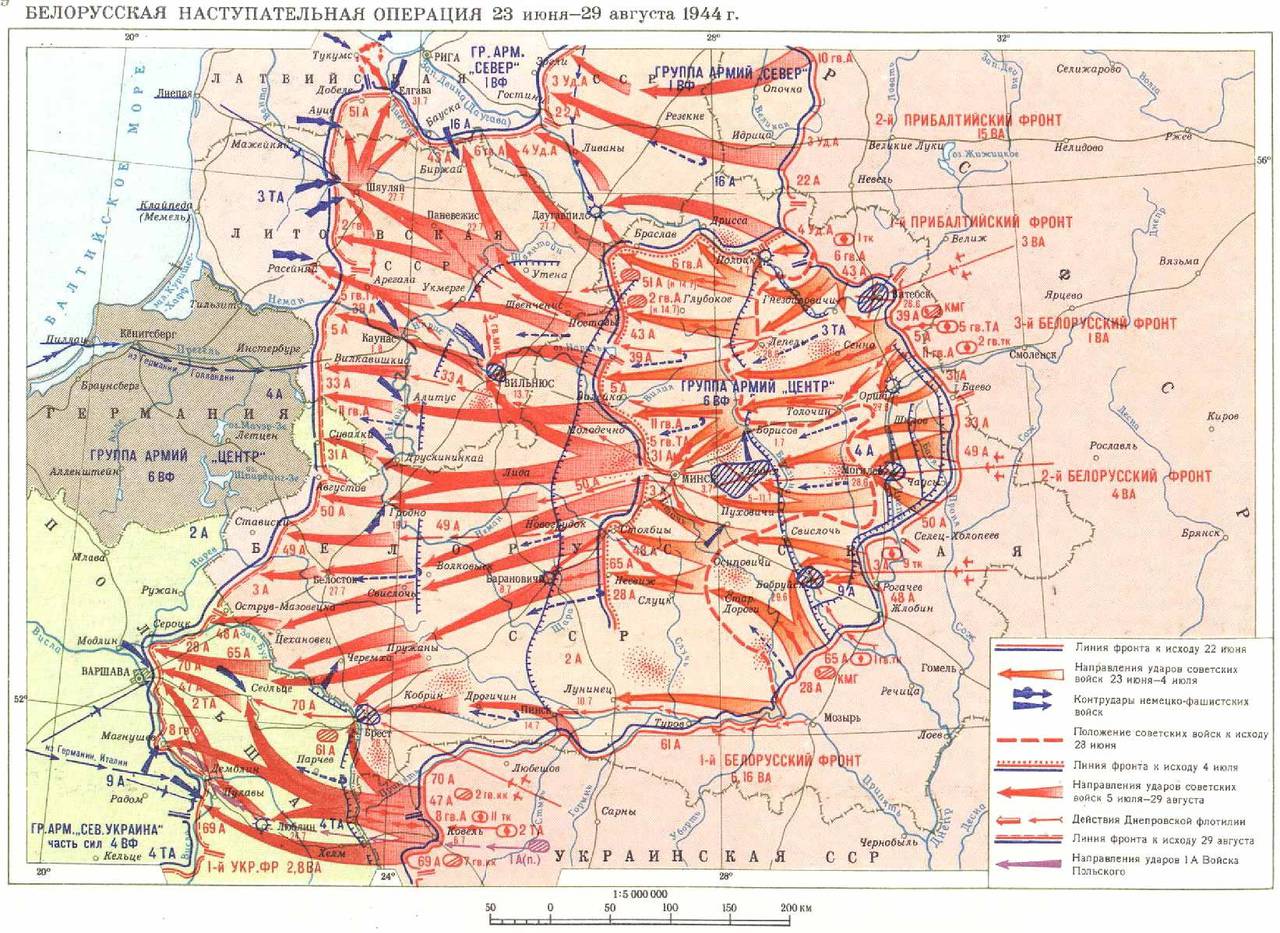
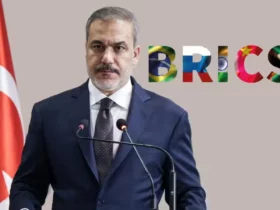

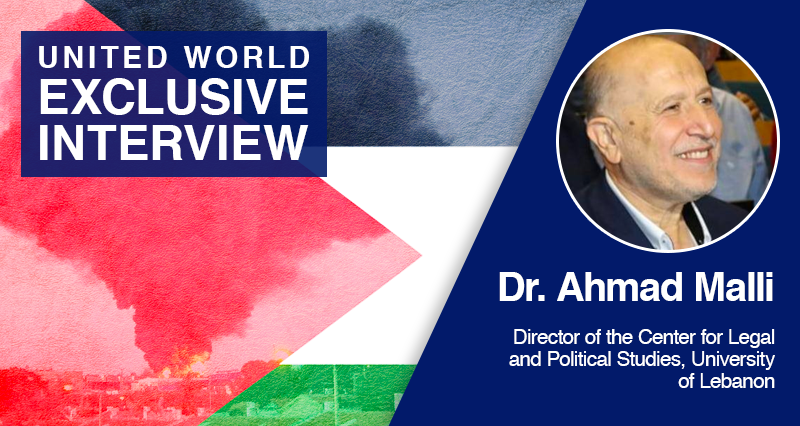
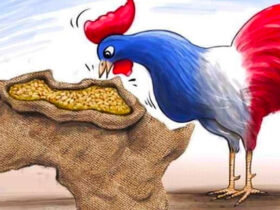
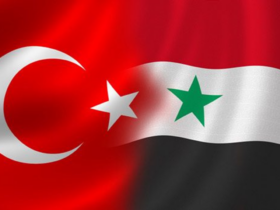
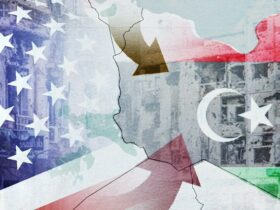
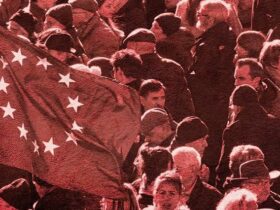
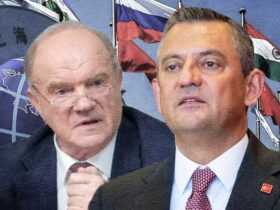

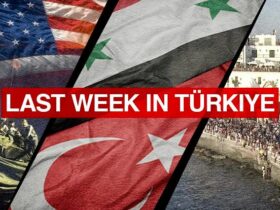
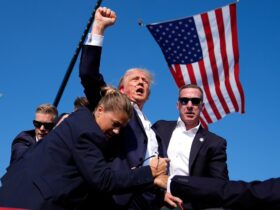

Leave a Reply